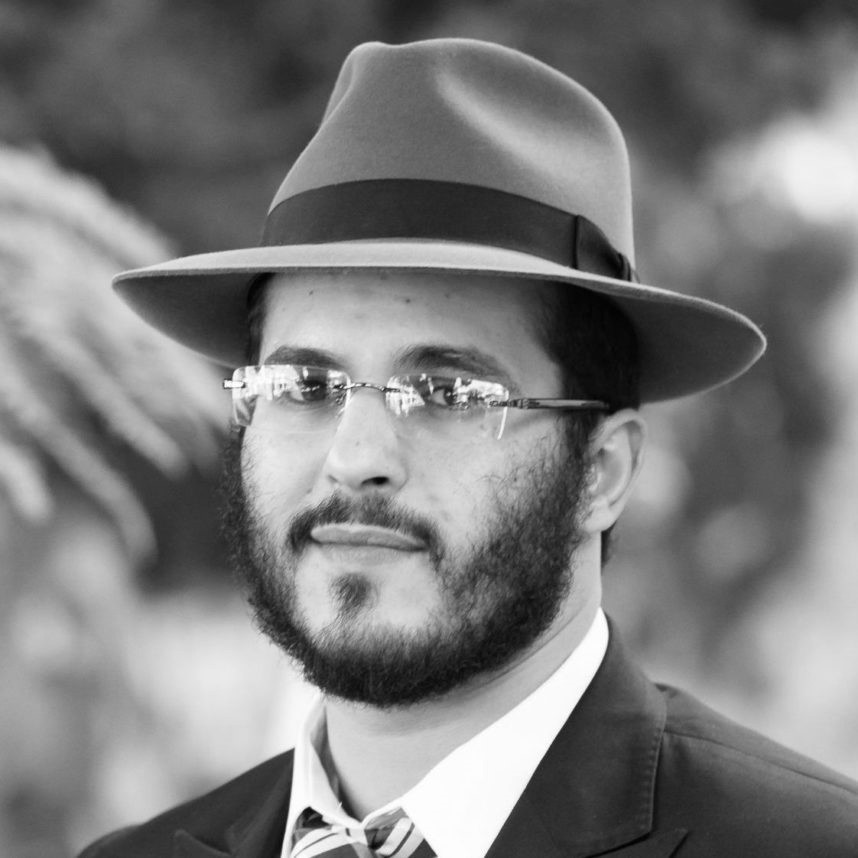On Jan. 28, 2020, the California Department of Insurance (CDI) held a special workshop to discuss and determine the future of affinity programs in the state of California. Under the unfounded basis that affinity programs are not reaching underserved communities, the CDI, led by Commissioner Ricardo Lara, has issued recommendations to significantly regulate the existence of affinity programs that practically taking them off the table as an option for all of us that utilize the cost savings benefits.
In early September, when this issue was brought to the public via a hearing in Los Angeles, faith and community leaders attended and spoke out. Many represented those communities the Department claims to protect. Yet despite such a vigorous grassroots effort to make sure the CDI knows how important access to affordable insurance and other affinity benefits are to the myriad communities that utilize then, the Department has further recommended to move forward with gutting affinity programs altogether.
Living in California is difficult enough for most people; with the cost of living skyrocketing, even those that are gainfully employed struggle to make ends meet each month. For so many of us in the Jewish community, those costs are even greater when you consider the price of kosher food, Jewish day school, synagogue membership and the many holidays we spend our hard-earned pay on. Having access to more affordable insurance coverage is not a small factor. It is, in fact, the difference between making it through the end of the month or not; scrimping on other essential expenses, such as healthcare or food; or having any semblance of a life outside of work and worrying about our economics.
California is supposed to be a leader in progress and possibility. Taking away affinity programs from the entire state doesn’t improve anything—it only sets us back and will definitely equal greater costs and challenges for the majority of Californians. The CDI purports that affinity programs only benefit higher income residents, but most people using affinity programs, to the tune of 70%, hardly fit that definition. They are nurses, teachers, truck drivers, secretaries and administrative professionals. They are every-day hard working men and women, and they don’t deserve to lose out on benefits that actually, tangibly help them.
What the CDI needs to do is figure out how to make affinity options more available and within reach of the communities they claim aren’t being reached. They need to diversify and expand the definition of affinity group, allow smaller organizations to create them, and launch an educational campaign to ensure that every Californian has information about how to join and capture the benefits that so many of us rely upon
The very least the CDI can do is consider the actual facts and listen to the many voices that continue to speak out against the proposed regulations of affinity programs. Myself, along with other Rabbis, church leaders, community based organization and union leaders, have taken the time over the last few months to make sure the needs of our communities will be considered in this discussion and in their decision. We hope the CDI will do all that is in their power to hold an actual discussion, hear what the real community impact will be, and make the right decision that will not only protect the existence of affinity programs in California, but make them available and accessible to everyone in the state.






















 More news and opinions than at a Shabbat dinner, right in your inbox.
More news and opinions than at a Shabbat dinner, right in your inbox.